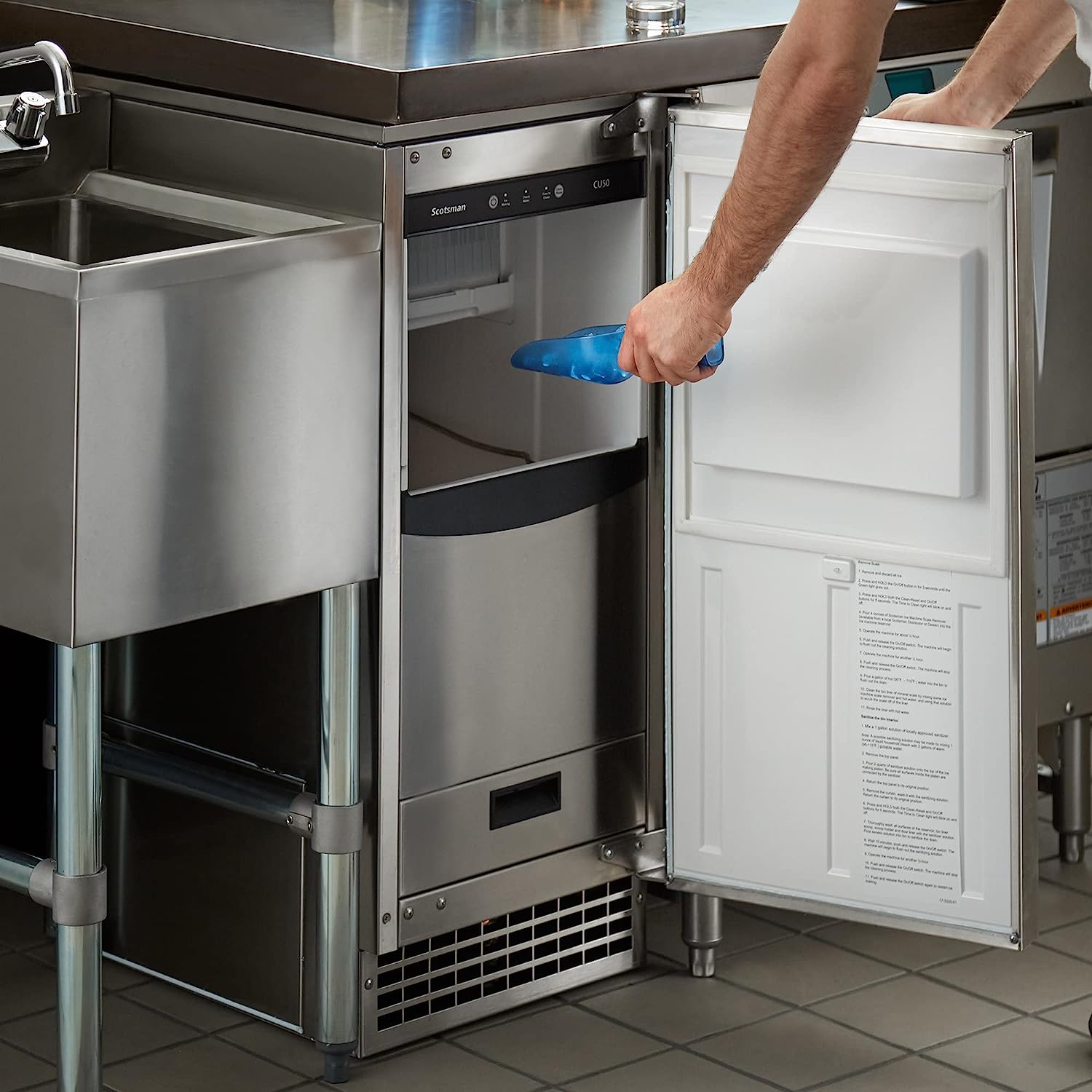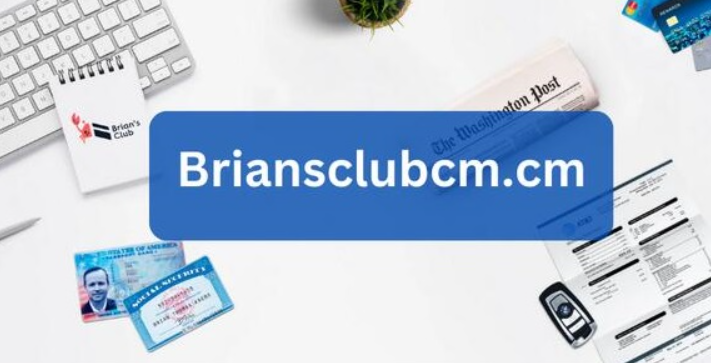Laser Dental Cleaning: A Comprehensive Guide to Oral Health

Laser dental cleaning is a modern technique used by dentists to remove plaque and tartar from teeth using laser technology. This method offers several advantages over traditional cleaning methods, such as increased precision, reduced discomfort, and faster recovery times. In Laser dental cleaning, a focused beam of light is used to target and break down plaque and tartar, resulting in a thorough and efficient cleaning process.
Benefits of Laser Dental Cleaning
- Increased Precision: Laser technology allows for precise targeting of plaque and tartar, ensuring thorough cleaning while minimizing damage to surrounding healthy tissue.
- Reduced Discomfort: The use of lasers can result in less discomfort during the cleaning process, as they are less invasive than traditional scraping methods.
- Faster Recovery Times: Patients typically experience faster recovery times with dental cleaning compared to traditional methods, as there is less trauma to the gums and tissues.
- Minimally Invasive: Laser dental cleaning is minimally invasive, meaning there is less bleeding and swelling compared to traditional cleaning techniques.
- Effective Plaque Removal: Lasers effectively remove plaque and tartar from teeth, reducing the risk of gum disease and cavities.
- Improved Gum Health: Laser dental cleaning can help improve gum health by reducing inflammation and promoting tissue regeneration.
- Less Need for Anesthesia: In many cases, dental cleaning can be performed without the need for anesthesia, making it a more comfortable experience for patients.
How Laser Dental Cleaning Works
During a dental cleaning procedure, a dental hygienist or dentist will use a handheld laser device to emit concentrated light energy onto the teeth and gums. This energy breaks down plaque and tartar buildup while also killing bacteria that can cause gum disease and tooth decay. The laser also stimulates the gums to promote healing and tissue regeneration.
Advantages Over Traditional Dental Cleaning Methods
Compared to traditional dental cleaning methods, laser dental cleaning offers several advantages. It is less painful, as there is minimal to no scraping involved. Additionally, it is more precise, allowing for targeted treatment of problem areas. Laser cleaning also reduces the risk of infection and bleeding, making it suitable for patients with sensitive gums or dental anxiety.
Safety and Effectiveness of Laser Dental Cleaning
Laser dental cleaning is considered safe and effective when performed by a qualified dental professional. The laser energy used is carefully calibrated to ensure optimal results without damaging surrounding tissues. Research has shown that laser cleaning can effectively remove plaque and tartar while also reducing inflammation and promoting gum health.
Types of Lasers Used in Dental Cleaning
- Diode Lasers: Diode lasers are commonly used in dental cleaning due to their versatility and effectiveness. They are often used for soft tissue procedures such as gum contouring, as well as for bacterial reduction during periodontal therapy.
- CO2 Lasers: Carbon dioxide (CO2) lasers are commonly used for soft tissue procedures, including gum surgery and lesion removal. While they are not as commonly used for dental cleaning, they can be effective for certain applications.
Conditions Treated with Laser Dental Cleaning
Laser dental cleaning can be used to treat various dental conditions, including gum disease, gingivitis, periodontitis, and dental caries. It is also used as part of preventive dental care to maintain oral health and prevent the development of more serious dental problems.
Cost and Accessibility
The cost of laser dental cleaning may vary depending on factors such as the location of the dental practice, the expertise of the dental professional, and the extent of treatment required. While laser cleaning may be more expensive than traditional cleaning methods, many patients find it to be a worthwhile investment in their oral health.
Preparing for Laser Dental Cleaning
Before undergoing laser dental cleaning, patients should consult with their dentist to discuss their oral health concerns and treatment options. It is essential to follow any pre-procedure instructions provided by the dentist, such as avoiding food and drink for a certain period before the appointment.
Aftercare and Maintenance
- Follow Dentist’s Instructions: Your dentist will provide specific instructions based on your individual needs and the extent of the laser dental cleaning procedure. It’s crucial to follow these instructions carefully to promote healing and prevent complications.
- Maintain Good Oral Hygiene: Continue to brush your teeth twice a day and floss daily to remove plaque and bacteria from the teeth and gums. Use a soft-bristled toothbrush and fluoride toothpaste recommended by your dentist.
- Avoid Hard and Sticky Foods: In the days following dental cleaning, avoid consuming hard and sticky foods that could irritate the gums or dislodge any dental work. Opt for soft and easy-to-chew foods instead.
- Rinse with Salt Water: Rinse your mouth with warm salt water several times a day to help reduce inflammation and promote healing. Mix a teaspoon of salt in a glass of warm water and swish it around your mouth for about 30 seconds before spitting it out.
- Use Pain Medication as Needed: If you experience any discomfort or pain after dental cleaning, you can take over-the-counter pain medication such as ibuprofen or acetaminophen as directed by your dentist.
- Attend Follow-Up Appointments: Attend any scheduled follow-up appointments with your dentist to monitor your healing progress and address any concerns or complications promptly.
- Avoid Smoking and Alcohol: Avoid smoking and consuming alcohol for at least 24 to 48 hours following dental cleaning, as these habits can interfere with the healing process and increase the risk of complications.
Conclusion
In conclusion, laser dental cleaning is a modern and effective method for maintaining oral hygiene. It offers precise cleaning, reduces discomfort, and promotes faster recovery compared to traditional methods. With its growing popularity and proven safety, dental cleaning is becoming a preferred choice for patients seeking improved oral health and a more comfortable dental experience.




